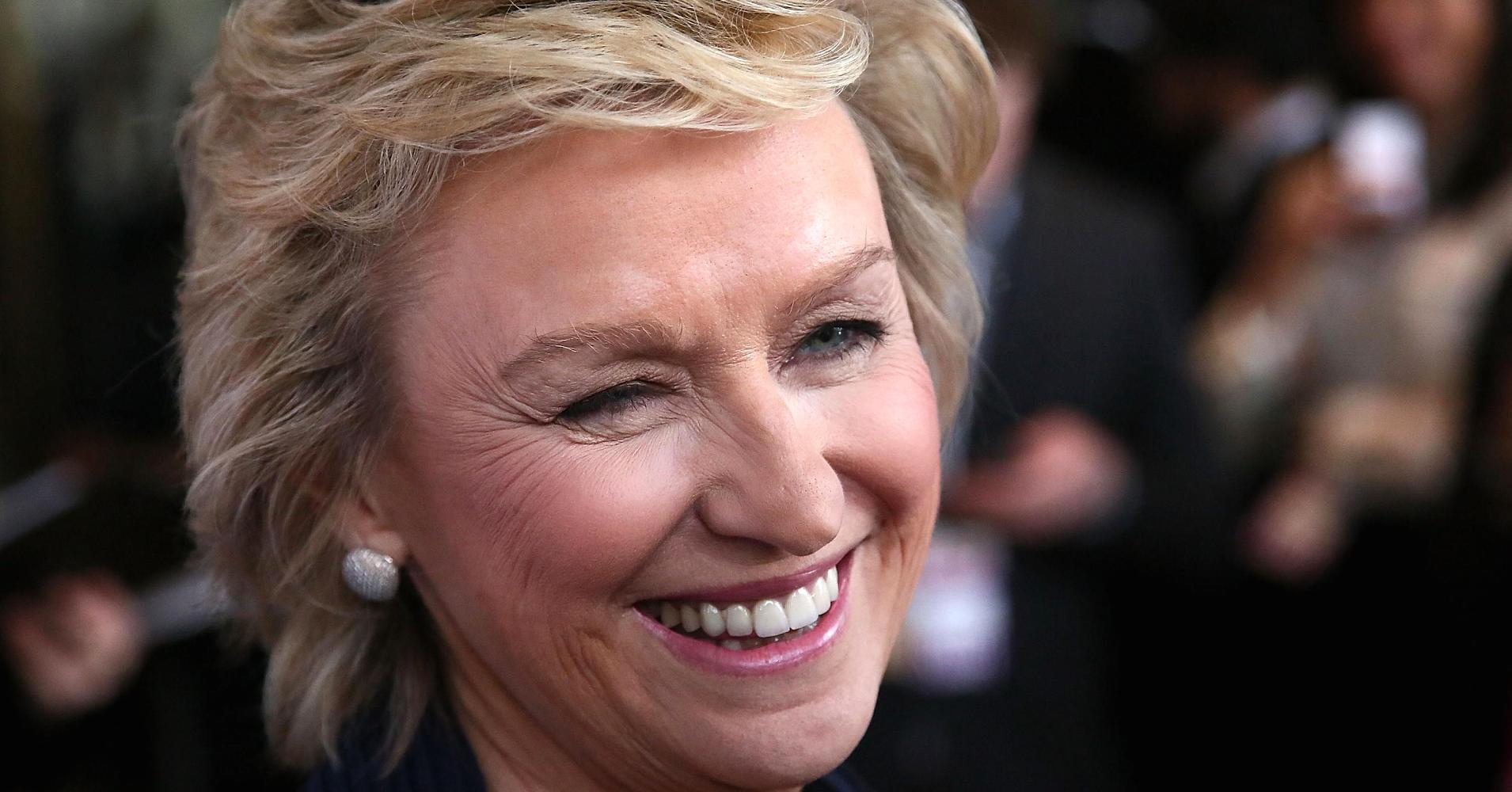
“It was much more about polishing a jewel and carefully realigning it so that you kept the great things about its pedigree, but you did bring it into the 20th century,” she said. It was redesigned and an entirely new team brought in. “I let go 72 people actually, but I also brought in 45 other people, including my successor, David Remnick, including Malcolm Gladwell, who wrote ‘The Tipping Point,’ including Jeffrey Toobin, who was a young assistant D.A. at the time and who I gave the O.J. Simpson story to, (and) Jane Mayer, who turned out to be an amazing investigative reporter. I had a real raft of great new people, and they’re all still there doing their best.”
“It had been in the control of the founding editors for decades and it had lost a sense of the current culture,” confirms analyst Bidel. “She brought that back, she understood the world around her, the world in which The New Yorker should be playing and she made it matter again. She was really brilliant at it,” she told CNBC by phone.
But Brown’s ambitions for the magazine were bigger than those of owner Si Newhouse: she wanted to take the brand into books, TV and a literary festival. “As great as he was, he thought that magazines were enough, and that actually anything beyond the magazine itself was what he used to call a distraction. I thought that magazines had to be more than just the title,” Brown said.
So when the then media giant Harvey Weinstein came calling in 1998, it was music to her ears. “He came to me and said: ‘I love what you’re doing. You should have a magazine that’s also movies, books, TV.’ It was everything I had wanted to do. And he said. ‘You know, instead of being an employee, you can be a partner. You can be an entrepreneur.’”
“He never sexually harassed me, but I got every other kind of belligerence and profanity and, you know, he was a nightmare to work for.”
Tina Brown
The following year, the two launched Talk magazine — a joint venture between Weinstein’s Miramax and Hearst — with a huge party next to the Statue of Liberty, where Madonna and Henry Kissinger mingled with hundreds of other guests. But after just over two years, it closed. The advertising market had tanked due to 9/11, and Weinstein “hadn’t a clue of what it should be,” according to Evans.
“I thought he was a brash mogul who would be rough-tough, but of course as soon as I went to work for him, I discovered that he was really a charlatan,” Brown says of Weinstein. “He never sexually harassed me, but I got every other kind of belligerence and profanity and, you know, he was a nightmare to work for.”
“It was a very sad thing for me when Talk folded, and having to kind of live with the idea it was, quote, a failure, but actually I always thought it was a creative success … We had … really an amazing group of people assembled at Talk. And I have no regrets about that part of it actually. What I regret, of course, was going into business with Harvey Weinstein.”
After Talk, Brown spent two years writing “The Diana Chronicles,” a biography of the Princess of Wales that became a bestseller, before launching online news website The Daily Beast in 2008 with business magnate and IAC media group chair Barry Diller.

